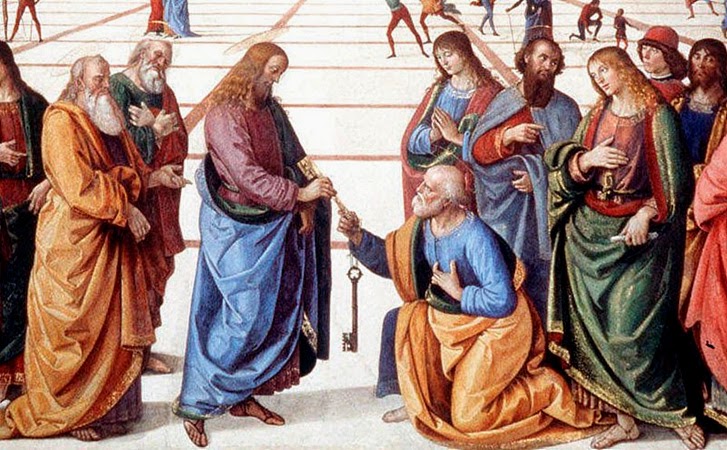Homily for the 26th Sunday in Ordinary Time, 2014, Year A

Fr. René J. Butler, M.S. Director, La Salette Shrine Enfield, NH ( Click here for today’s readings ) When is the last time you used the word “vainglory”? We all know what it means and, I dare say, we know it when we see it. You know, the people with bloated self-esteem, the people who are Presidents of their own fan clubs. St. Paul says vainglory is to be avoided. But then he goes too far: “Humbly regard others as more important than yourselves.” Isn’t that just the other extreme? Is it honest? Is it fair? It may well be true that a humble attitude is better than an arrogant one. But surely St. Paul can’t be saying we should adopt a false attitude, putting ourselves down and beating ourselves up. And yet, consider the following quotation: “I was at prayer one day when suddenly, without knowing how, I found myself, as I thought, plunged right into hell. I realized that it was the Lord's will that I should see the place which the devils had prepared for m...
.jpg)



